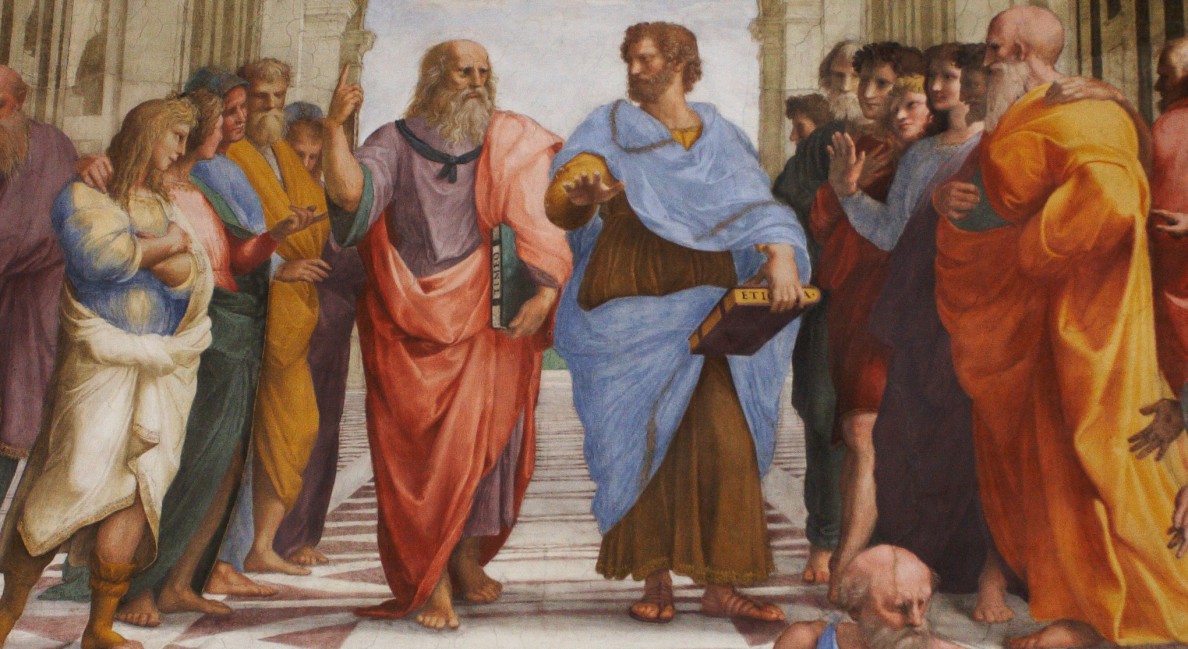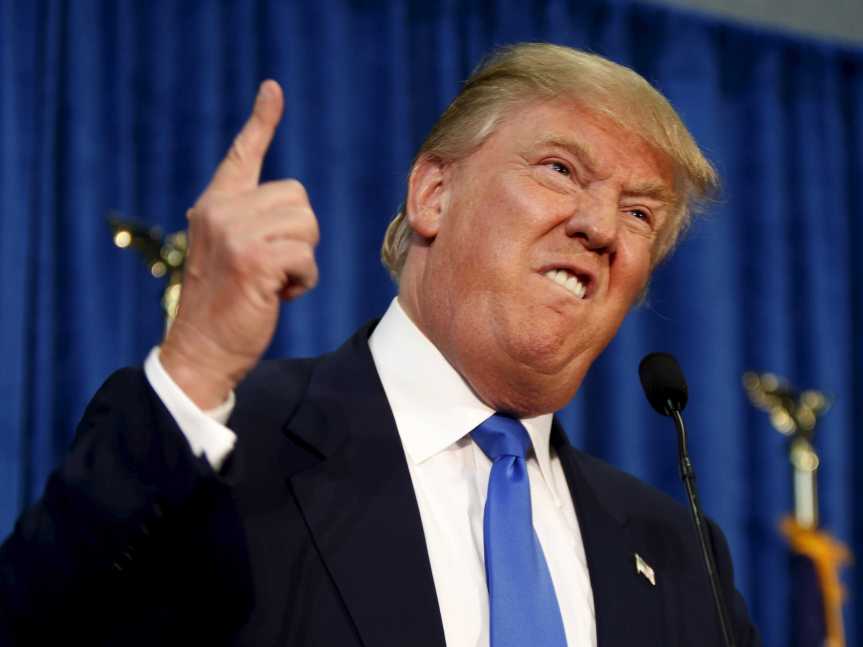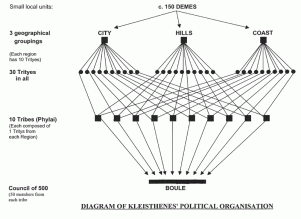Expertise in the Polis and Democratic Governance:
The Decay of Democracy in Modern Democracies.
“Democracy is the worst form of government except all those that have been tried before.”
Winston Churchill
Democracy is not a particularly popular topic on people’s lips in modern society. They look at the rampant election fraud and wholesale purchasing of elections as ‘unattractive’ to say the least. The feeling that one’s vote counts on the outcome is seldom felt anymore – except perhaps if you are a CEO of a large corporation. Indeed, democracy, until very recently in human history, has been the least popular form of government. Most governments of ‘natural states’ prior to the modern period were autocratic or severely restricted. Most of these governments were hereditary in nature, meaning that only the family members inherit the means and power to continue to rule. In Europe and the United States people rebelled against this hereditary system beginning in the 1600’s, and many of the democratic systems that exist today are the reactionary result of this criticism. Of course there have been those that supported the old autocratic system as in the best interests of the population for the sake of security. One can go no further than Hobbes’ Leviathan, which to this day remains a quintessential work of political science. However, political utopias have been dreamt up by theorists for millennia; from Cicero’s Concordia Ordinum to Marx’s communism. All manner of utopias have been argued for and against. One such utopia that is consistently appealed to is Plato’s Republic.
In its content, the ideal state, as constructed by Plato in the Republic, seems the most intuitive and praiseworthy. Plato explains how such a state would come about, the principles upon which it would operate, and also why such a state would ultimately fail. At a simple glance, Plato divides society into three parts; the mass of everyday people, the auxiliary guardians, and the rulers themselves, the philosopher kings. The principles which divide society are founded upon a principle of justice which it is Socrates’ aim in the Republic to argue for at large. Plato argues that each man should only do one job. Where one man interferes with another man’s work is where the root of all injustice stems from. Upon this basis society is divided between rulers and ruled. Plato appeals to a very convincing argument when establishing this principle. He points out that if one was to have, say for example, his or her computer fixed, would he or she go to the specialist who knows how to fix it, in this case the computer technician, or would he or she go to an historian, someone who has expert knowledge of some period in the past. Naturally, we would expect any rational person to seek out the expert in this case the computer technician. Plato’s argument for government is therefore built upon the premise that the act of governing is a skill, one that can be learnt. This being the case society should act like the rational man who seeks out a computer technician to repair his computer and entrust the process of governance to group of educated experts. This group, Plato says, are the philosophers.
For Plato then, government should be conducted by experts. It is this principle which makes Plato’s political utopia so persuasive because the processes of government are done most efficiently. When we look back over the course of human history we can clearly see that expertise has long been absent in government. As noted above, most natural autocratic states have been founded on a hereditary basis, a very unlikely mechanism to ensure future good governance. Roman history illustrates this point and its inverse well. The first Roman emperor, Augustus, is perhaps most guilty of this, insisting that his lineage be continued which ultimately resulted in the disastrous reigns of Caligula, and later, Nero. The same mistake was made by Vespasian until finally, the series of ‘good’ emperors began with Nerva, when candidates were chosen on the basis of expertise in the important areas of governance as considered important by the Roman senate at that time. The five good emperors Nerva, Hadrian, Trajan, Antonius Pius and Marcus Aurelius were not related to one another on a hereditary basis. Instead they were chosen by each emperor in turn on the basis of their experience. This saw Rome reach its zenith of territorial, military, and economic power. Fast forward to the modern period, and most positions in government are appointed positions based upon expertise on a similar basis. For any elected government official in charge of an important branch of government, there is a small army of unelected experts behind them offering policy advice and expertise. Plato’s vision is far closer to reality now than it ever was in the past.
Furthermore, with large truly global organisations expertise is even more so than ever before the basis for governance. The United Nations, the European Union, the European Bank, the World Bank, and the International Monetary Fund are giant institutions which have massive influence on international politics. Of the institutions listed, only the European Union has parliamentary elections and the European Parliament’s power is limited in its role in the European Union. The rest are closed institutions run on the basis of expertise (diplomatic, financial, policy). Thus, in our governance at the domestic and international level, expertise is increasingly the basis for functioning power. Plato’s vision of an entire society run by experts seems more than ever a reality.
As this is the situation, in true Socratic style, we ought to question our assumptions about expertise and its role in governance. Plato wrote the Republic in the fourth century B.C., in Athens, at that time a participatory democracy. Plato is consistently critical of democracy throughout his work, firstly because they killed his friend and mentor Socrates, and secondly because he believed that the system was run by non-experts, and made foolish mistakes such as per the first reason. His utopia expressly denies all political rights to the masses and gives unilateral power to the auxiliaries to maintain order.
Democracies in the modern era look nothing like the Athenian system. Whereas their system was direct, ours is representative. We vote every few years, depending on which country one lives in, for a person or persons to look after our interests in government. This is done, it is argued, because it is more efficient, and it allows those who are experts in government to come into the foreground and make best use of their expertise, while the rest of us can be left to get on with the all the other things we would rather be doing. The people that argue for this appeal first to our inner self-centredness. It is much easier to focus on myself than the concerns of the community around me. Secondly, they fail to tell you that Athens was a highly specialised democracy and was the leading state of its time. Its democracy lasted for 200 years before an outside power dissolved it, but during that time, it was the leading economic power in the Mediterranean. In this way, we are lead to believe through very persuasive arguments to give up our rights to a group of experts in the interests of efficiency without considering any plausible alternatives. The only alternatives presented are autocratic regimes such as communism and dictatorial states. We the people, are never presented with a democratic option in a realistic manner.
Given that there already exists giant international associations with no positions that electable by the normal electorate it is high time that we question the future of expert run governments. The greatest drawback of Plato’s Republic, is that he does not account for the interests of the whole population. Plato assumes that through the process of education the philosopher kings will take into consideration what is best for society overall. This does not necessarily correspond to the interest of the majority. This is incredibly paternalistic and appears to violate the very principle upon which Plato founds his utopia. Surely it is us, the people, who know our own interests best. As it is we don’t like being told what we can and cannot buy, so why do we accept that a group of others will best represent our interests. There are many experts out there that we could in theory give our money to who then buy the goods and services that best serve our interests. There are many people who have bad spending habits, they eat the wrong foods, buy things outside their means, or fail to save for a house and retirement. By the logic under which we freely give up our politic power to a group, we should also give up our rights to choose how and when spend our money. But don’t worry we get to vote on who we give this power to, and that is democracy. This seems absurd, and rightly so yet no one is concerned when it comes to political power.
Furthermore, Plato does not take account for the reality that different groups have access to better or worse education largely based on wealth which naturally determines the educational outcomes for certain groups. Plato’s republic in reality would result in an educational elite dominating power through their access to the best educational institutions. This is already the case in places like the United Kingdom where according to a recent study “Almost a third of new parliamentary candidates with a reasonable chance of winning seats in the general election were privately educated and one in five attended either Oxford or Cambridge universities.” In France seven of the past ten prime ministers have come from the Ecole Nationale d’Administration, while in the United States there are 44 US Senators with at least one degree from an Ivy League school or other comparable elite institution of higher learning. Statistics such as these demonstrate that the liberal democracies we live in are not entirely representative as they claim to be. A meta-analysis of the role elite institutions have generally in global governance at all levels is important avenue of enquiry required in order to complete this picture of an educational elite dominating political power.
The flipside of the utopian state in the Republic is a democracy similar to which Plato himself lived in. To a committed democrat Plato’s utopia is a dystopia, where the demos is denied any political power. We find ourselves today in a world where a contradiction exists. On the one hand, government has become highly specialised and most positions are appointed on the basis of expertise, with a significant proportion of those elected to representative bodies coming from a select group of elite educational institutions. As we edge closer and closer to a Platonic utopia, we move further towards a democratic dystopia. In addition, given the proliferation of multinational associations with zero direct public accountability serious questions need to be raised about the state of our democracies around the world. On the other hand, the general public are lead to believe that we live in stable liberal democracies where the interests or the people are looked after by their representative in the government. Does democracy really exist anymore? Consider whether government today is more like that of democratic Athens, or Plato’s Republic. Then consider which one you would rather live in.
The problem, as I seem to pose it, is mutually exclusive. This is because, democracy, as envisioned by the Athenians is not based on expertise. If it is, then it is based on an expertise manifested by the collective decisions of the Athenians themselves – in the ecclesia, boule, and dikasteria. Certainly, the Athenians would agree that there is a role for specialised knowledge and expertise in government, as they often used themselves. However, they were always careful to hold these public officials to account. Proponents of the current system, might claim that this is the case already, given that officials cannot break the law, are limited by the laws that govern them, and are accountable to the elected representatives, which by proxy makes them publicly accountable. However, given that the government is the one to make the law, they are also free to draft the rules in their favour, meaning that officials cannot break the law because they are the ones drafting the laws. In addition, since elected officials are in theory accountable to their constituency, they have the perverse incentive to skirt the rules in order to avoid scandal and maintain their hold on power.
My aim in this article has been to use the basic premises of Plato’s Republic to question the state of democracy in the modern period. Governance has become highly specialised. This has led to a dramatic increase in unelected officials into positions of real power. An analysis of this aggregate power in any given system would be an interesting study for a later and more in depth paper. My second aim was to defend democracy from the encroachment of these undemocratic processes and to open a dialogue on the role these unelected officials should have in our democracies. With the Republic in mind, it is important to remember that Plato denies all political power to the majority of the people. We ought to remain always vigilant of such a possibility eventuating moving forward. My final aim was to suggest that there is an alternative for society to look at which comes from Plato’s own time. Athenian democracy was vibrant, long-lived and very successful. The claims that direct democracy is unrealisable in the 21st century do not pass muster any more. Democracy is an issue that should unite people from all across the spectrum whether left or right leaning. Whether you want big government or small government, the health of democracy should always be on the political agenda. Perhaps this writer is an optimist, but the collective power of the majority is far wiser in the long run, than any expert. It is important to remember this when we consider who best understands and can represent our interests, us, or someone else.
Bibliography
- Carugati F. Ober J. and Weingast B.R, (2015). “Development and Political Theory in Classical Athens”. Polis (Forthcoming).
- The Economist, (2005). ‘In ENA we trust: The long reach of the class of 1980’. Jul 21st. http://www.economist.com/node/4198541
- Perraudin F, (2015). ‘Private school and Oxbridge educations over-represented among likely new MPs’ in the Guardian. http://www.theguardian.com/politics/2015/feb/05/private-school-oxford-cambridge-educations-over-represented-parliamentary-candidates.
- Ober, J. (1989). Mass and Elite in Democratic Athens. Princeton University Press.
- (1996). The Athenian Revolution: Essays on Ancient Greek Democracy and Political Theory. Princeton University Press.
- (1998). Political Dissent in Democratic Athens. Princeton University Press.
- (2006). ‘Thucydides and the Invention of Political Science’ in Brill’s Companion to Thucydides. (eds) Antonios Rangakos and Antonis Tsakmakis. pp. 135-159. Leiden.
- (2010). “Wealthy Hellas”, Transactions of the American Philological Association, Volume 140, Number 2, Autumn 2010, pp. 241-286. John Hopkins University Press.
- (2015). The Rise and Fall of Classical Greece. Princeton University Press.
- Plato, The Republic, (1993), translated by Robin Waterfield. Oxford University Press.
- Rhodes, P.J. (2013). “The Organisation of Athenian Public Finance”. Greece and Rome, 2 pp. 203-231. The Classical Association.
- Weingast B.R. (1995). “The Economic Role of Political Institutions: Market Preserving Federalism and Economic Development”. Journal of Law, Economics and Organization. 11. No. 1, pp. 1-31.
- (1997). “The Political Foundations of Democracy and the Rule of Law”. American Political Science Review. 91, pp. 245-263.
- (2013). “Second Generation Fiscal Federalism: Political Aspects of Decentralization and Economic Development”. World Development. 20, pp. 14-25.
- Zinn H. (2003) A People’s History of the United States. Harper Perennial.



